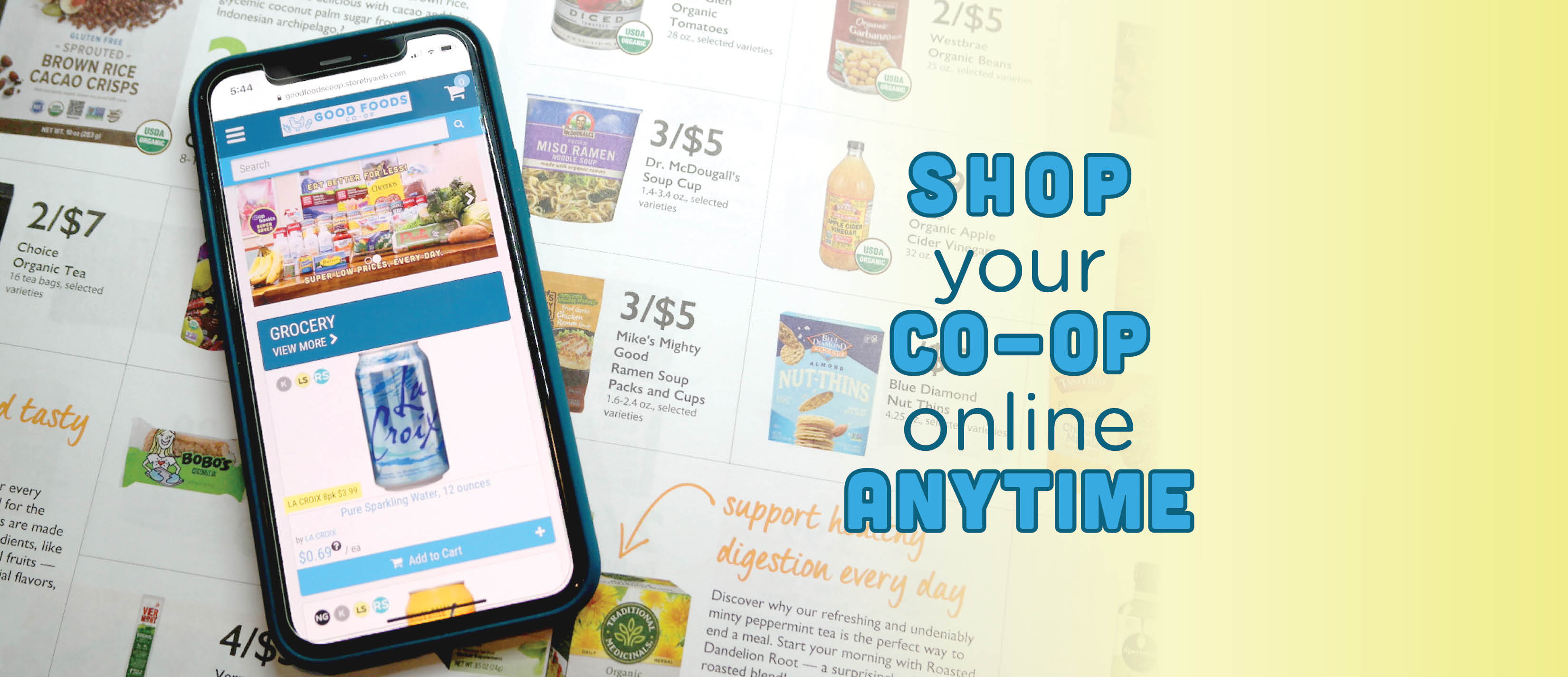I like to think I’m well-informed about things and Hanukkah is no exception. I learned about it for three minutes during an assembly in Kindergarten, I had a Jewish acquaintance in middle school, and I know every word to Adam Sandler’s Chanukah Song, so I figured I knew everything there is to know about the holiday. Until I made a list of the things I knew. And there were only six. And that number is generous.

I did a informal survey of all of my coworkers within earshot at the time I was making my list and was equally relieved and appalled to find that they were more or less on the same page I was. (Except for the colleagues who shall remain nameless who gave answers like “Moses,” “Egypt,” and “matzo.” I guess it could have been worse?) Using my list as my guide, I was inspired by this revelation that people who don’t celebrate it are embarrassingly ignorant of it to get some actual information about the history, traditions, and, apparently most important to me, food that 14 million people around the world have been celebrating for thousands of years.

1. Hanukkah (sp?) is the Festival of Lights…
I got one right! Thanks, Chanukah Song. Among other things, Hanukkah is a celebration of the Jewish people executing a successful revolt against their oppressors in the second century BCE. The focal point of this event was the re-dedication of the Second Temple in Jerusalem which was marked by the lighting of the temple’s candelabra called a menorah which is why, not only is the holiday called the Festival of Lights, but also why candles are lit at the end of each of the eight days. Additionally, I always get confused about how to spell it because there are several equally accurate ways to go about it.

2. …instead of one day of presents, [they] get eight crazy nights.
I get partial credit for this one, so I’ll give a partial shoutout to the Chanukah Song. While giving chocolate coins is a traditional practice, giving gifts didn’t become popular until the late-eighteenth century and even then it was almost exclusively in America. Many scholars seem to agree that it’s not a coincidence that that’s when Christmas became a national holiday here. Being so close to December 25th may also be the reason why there are more songs for Hanukkah than any other Jewish holiday. Even with the relatively new present practice though, it seems gifts tend to be small, meaningful and given by parents to children.

3. More oil than expected? -> menorahs
This was more or less a guess. I knew there was an emphasis on oil for some reason, but I didn’t realize why. Legend has it that when the Jews won the Temple back, they only had one day’s worth of sacred oil to use to burn the candle that was supposed to stay lit all night every night, but that oil ended up lasting for eight days which was long enough to prepare more of the sacred oil. The eight-candle menorahs symbolize the eight days the oil lasted.

4. Dreidel + chocolate coins + songs about dreidels/coins
There doesn’t seem to be a lot of literature explaining specifically why kids play with the traditional tops or win chocolate coins during the Festival of Lights in particular, but both have been part of Jewish culture for centuries. The symbols on the toy itself are an acronym for the Hebrew of “A great miracle happened there,” and since Hanukkah is largely about miracles, it would seem to follow that the holiday would be a good time to use the game to acknowledge that. I remember playing the dreidel game and singing songs about it in elementary school, but I mostly just remember that the prize was chocolate. Apparently I’m very food-motivated. Which brings us to…

5. Latkes (are delicious) and 6. Maybe there are pastries.
Latkes (potato pancakes) and sufganioyt (Israeli jelly doughnuts) are perhaps the most common foods served at Hanukkah celebrations. Both are fried in olive oil in order to commemorate the one nights’ worth of oil that legend says lasted for eight nights and both are delicious. (I’ve never actually tried a sufganiah, but I’ve never met a doughnut I didn’t like, so I’d say this is a pretty good guess.) If you’re just checking out the traditions of the holiday, you may want to stick with the classic versions, but since many families choose to serve both dishes each night of Hanukkah, there are countless recipes online for things like zucchini feta latkes, vegan latkes, curried sweet potato latkes, chocolate hazelnut sufganioyt, vegan sufganioyt, or even baked sufanioyt. Solely the fact that these foods exist is worth celebrating, but your favorite co-op makes things easy by offering literally every ingredient needed to make all of these recipes. Are even the basic recipes out of your cooking comfort zone? We have potato pancake mix. Need some brisket for your feast? We’ll order it for you! Want to add some challah to your Chanukah? Ask us! We also have hundreds of kosher foods for any occasion. Just look for the silver “K” logo on the shelf tags. If you’re in the market for some gelt or some gifts, we have you covered there too.
Despite a couple hours of research, I may now only know slightly more than a toddler about Hanukkah, but I’m hoping I at least caught onto the main ideas. It seems like, while it’s not considered an hugely important holiday in the hierarchy of Jewish holy days, Hanukkah is a time to spend with friends and family remembering what we’ve overcome, looking to the light and recognizing miracles, however you define them. Those are some themes I think someone from any background can get behind.
